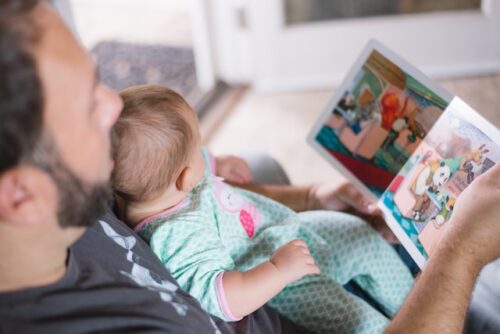
When you divorce your spouse and receive full custody of your child, you may wonder whether or not your spouse will receive visitation rights. For some parents with full custody, this can be troublesome, as there are reasons why the courts did not allow the other to receive parenting time. If there are concerns, the judge may order supervised visitation between the child and the non-custodial parent. As such, it’s essential to familiarize yourself with what this entails and how a Nassau County family law attorney can help you through these complex times to prioritize protecting your child’s health and safety.
What Is Supervised Visitation?
When a parent receives visitation with a child, it essentially means they get to spend time with the child without having legal or physical custody. This allows the child to have a relationship with the non-custodial parent without being in their legal care.
However, when there are concerns about the child’s well-being and safety when visiting the non-custodial parent, the court may order supervised visitation. Essentially, this allows the non-custodial to spend time with the child under the supervision of a third-party adult. This cannot be the child’s other parent but a child care specialist, child services professional, or an agreed upon adult.
When Are Supervised Visits Ordered?
It’s important to understand that each case varies, and judges will act accordingly. However, the following are examples of when a judge may order supervised visits or completely deny visitation altogether:
- There is a history of domestic violence
- There is a history of endangerment
- There is a history of emotional or physical neglect or abuse
- The courts are concerned the parent will kidnap the child
- The non-custodial parent has a substance abuse issue
- There is a history of mental illness that could put the child at risk
- The non-custodial parent has a criminal record
Generally, these visitations will take place in specific areas, like courthouses or community centers. The supervisor has a responsibility to stay alert during the entire visit, listen closely to conversations, and observe body language to prevent any harm from coming to the child by reporting any concerns. Additionally, they can help facilitate a healthier relationship by working with the non-custodial parent.
What Should I Do if I Need Assistance During These Complex Matters?
There are many issues that can arise surrounding supervised visitation. If you have concerns about the entity appointed to supervise visits or have reason to believe that your child is in immediate harm while visiting with the non-custodial parent, you should contact an attorney immediately. They can help you take the necessary steps to protect yourself and your child during these matters.
At Barrows Levy, our dedicated team will do everything possible to assist you through these challenging times. We understand how complex fighting for custody can be, and when you discover that an unfit parent has visitation rights, it can be overwhelming. Luckily, our team is here to help. Contact us today to learn more about how we can assist you through these matters.

